The Recipe to a Healthy Heart:Your Guide to Preventing Heart Disease
Sure, the taste of food is important, but do you know how your diet impacts your heart? Many foods contain hidden ingredients that negatively impact...
3 min read
 James K. Min, MD, FACC, FESC, MSCCT, Founder & CEO of Cleerly
:
July 19, 2022
James K. Min, MD, FACC, FESC, MSCCT, Founder & CEO of Cleerly
:
July 19, 2022
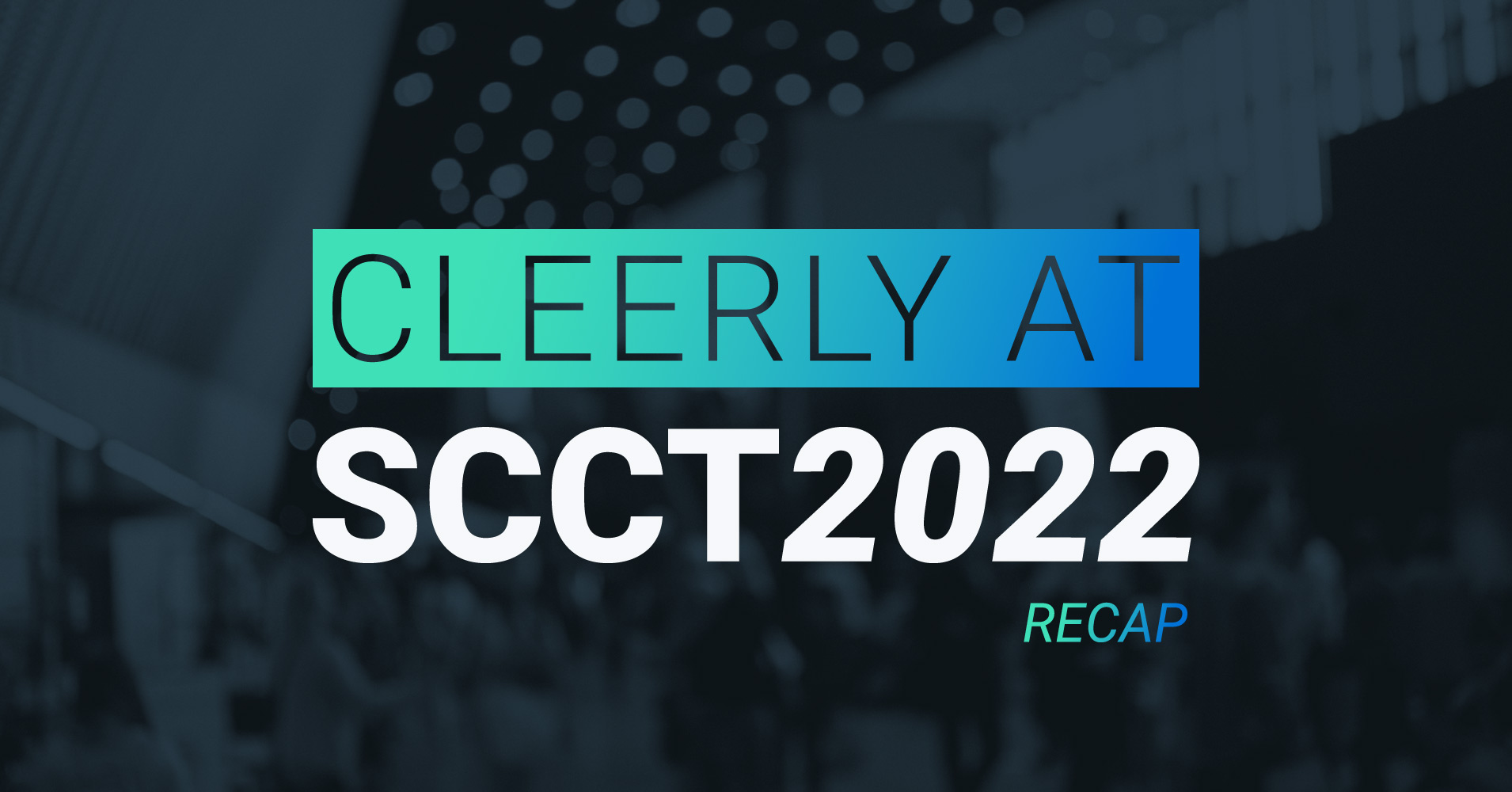
Last week, our team at Cleerly had the opportunity to take part in a gathering of impassioned cardiac computed tomography (CT) leaders at the Society of Cardiovascular Computed Tomography (SCCT) Annual Scientific Meeting in Las Vegas. As the former president of the SCCT, I had the privilege of serving as chair for the Annual Scientific Sessions meeting for five years and have seen first-hand the invaluable insights this event brings to organizations, new practitioners and experienced providers alike. I want to thank the SCCT for their leadership in continuing to bring together our community as we advocate for research, education and clinical excellence to define new standards for cardiovascular care.
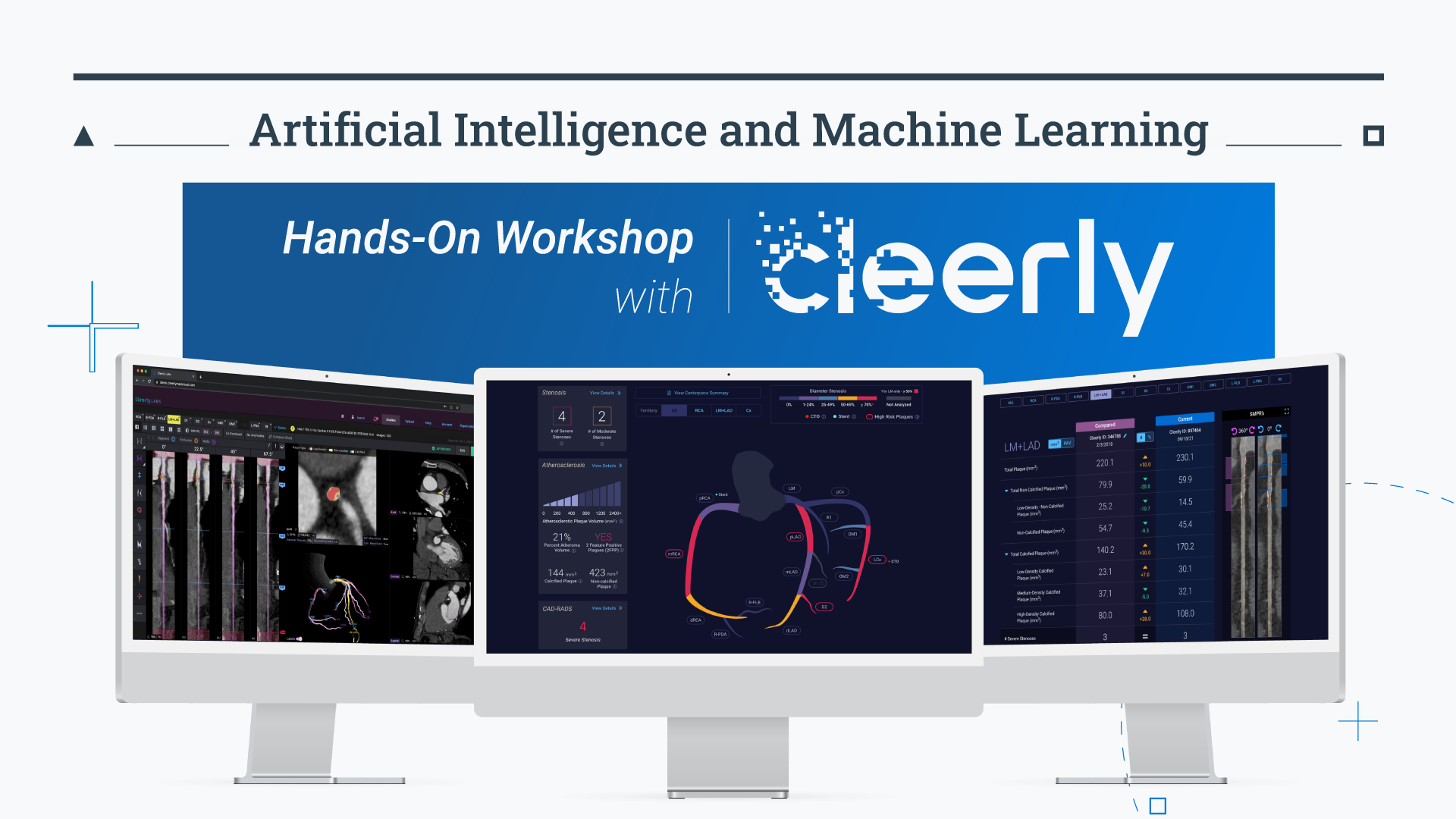
As a sponsor of SCCT, we hope that Cleerly had a marked presence across this year's event. My colleague James Earls, M.D., FSCCT, and I had the privilege to lead a workshop on artificial intelligence (AI) and machine learning, giving event delegates hands-on experience with the latest technology developments in the field that have the potential to impact the future of cardiovascular medicine and cardiovascular CT.
While at the conference, we announced that our CONFIRM2 clinical trial registry has already enrolled 11,000 patients, and is set to evolve into the largest cardiovascular phenotype outcomes study ever performed. CONFIRM2 is designed to evaluate associations between coronary computed tomography angiography (CCTA) imaging findings and clinical presentation and their ability to predict mortality and major adverse cardiac events in patients with coronary artery disease (CAD). Through it, a global consortium of leaders in cardiovascular CT will introduce new concepts in vascular biology that will hone in on the goal of truly personalizing cardiovascular care.
The CONFIRM2 clinical study is just one of the many ways our team is attempting to provide valuable knowledge for the cardiology field at large to better understand how to prevent heart attacks through non-invasive, preventive imaging. At SCCT, we also presented eight abstracts in partnership with our esteemed collaborators, demonstrating our ongoing research that we hope will impact how we screen, treat, diagnose and prevent heart disease in the years to come:
As we look toward the future of our field, seminal conferences like SCCT are instrumental to change the current standard of cardiovascular care and disseminate new knowledge of vascular biology and coronary atherosclerosis. Driving this change will be a significant undertaking, but we also see amazing opportunities ahead to redefine our approach to cardiovascular evaluation and treatment through risk identification, quantification and preventive care – enabling better outcomes and healthier, more knowledgeable and satisfied patients. The sooner we can enact this bold shift in our care paradigm, the closer we will be to ending the world’s #1 public health epidemic.
A large thanks to all of those individuals who contributed to the massive success of this year’s SCCT Scientific Sessions. We look forward to participating again next year!
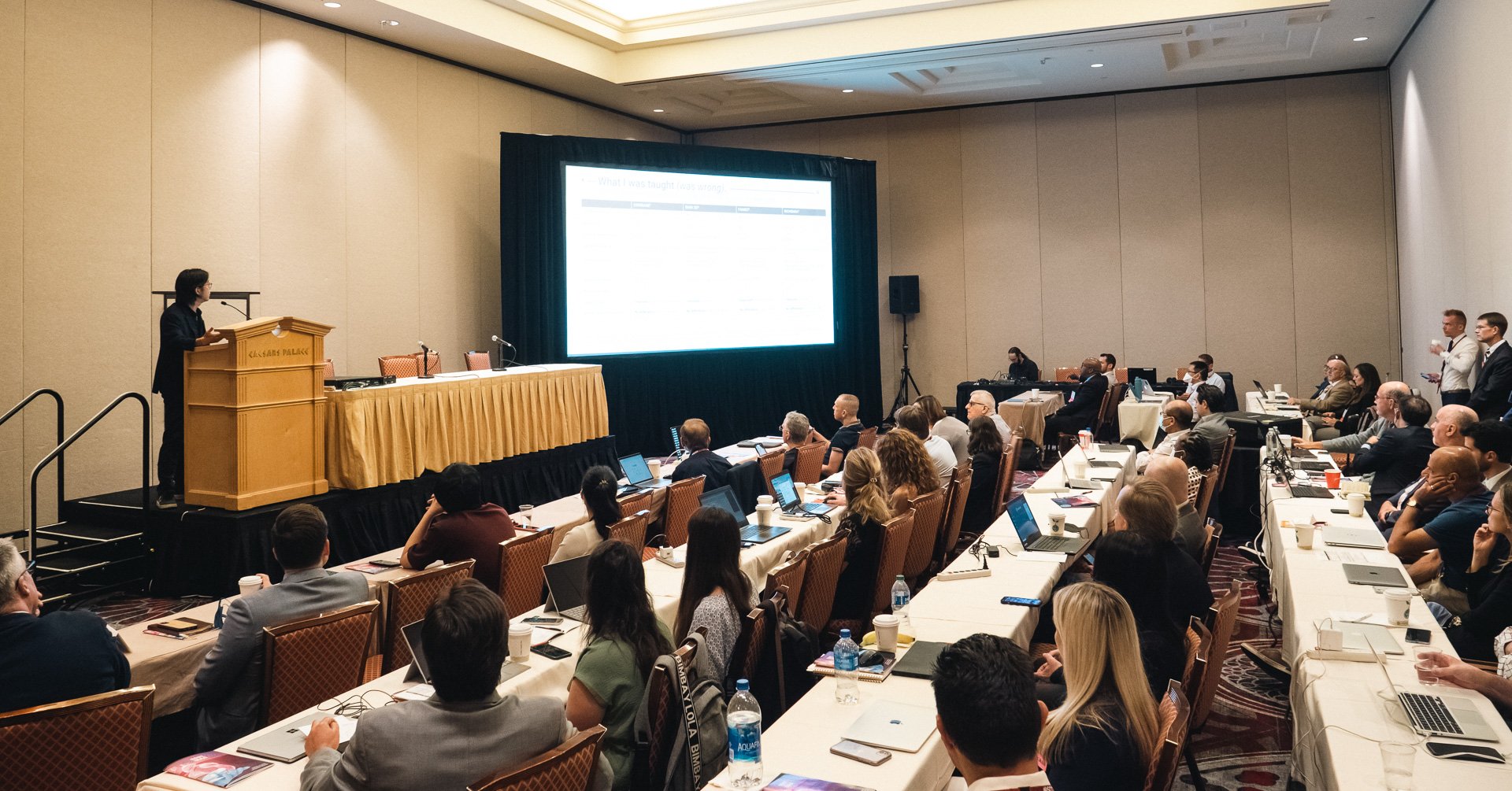
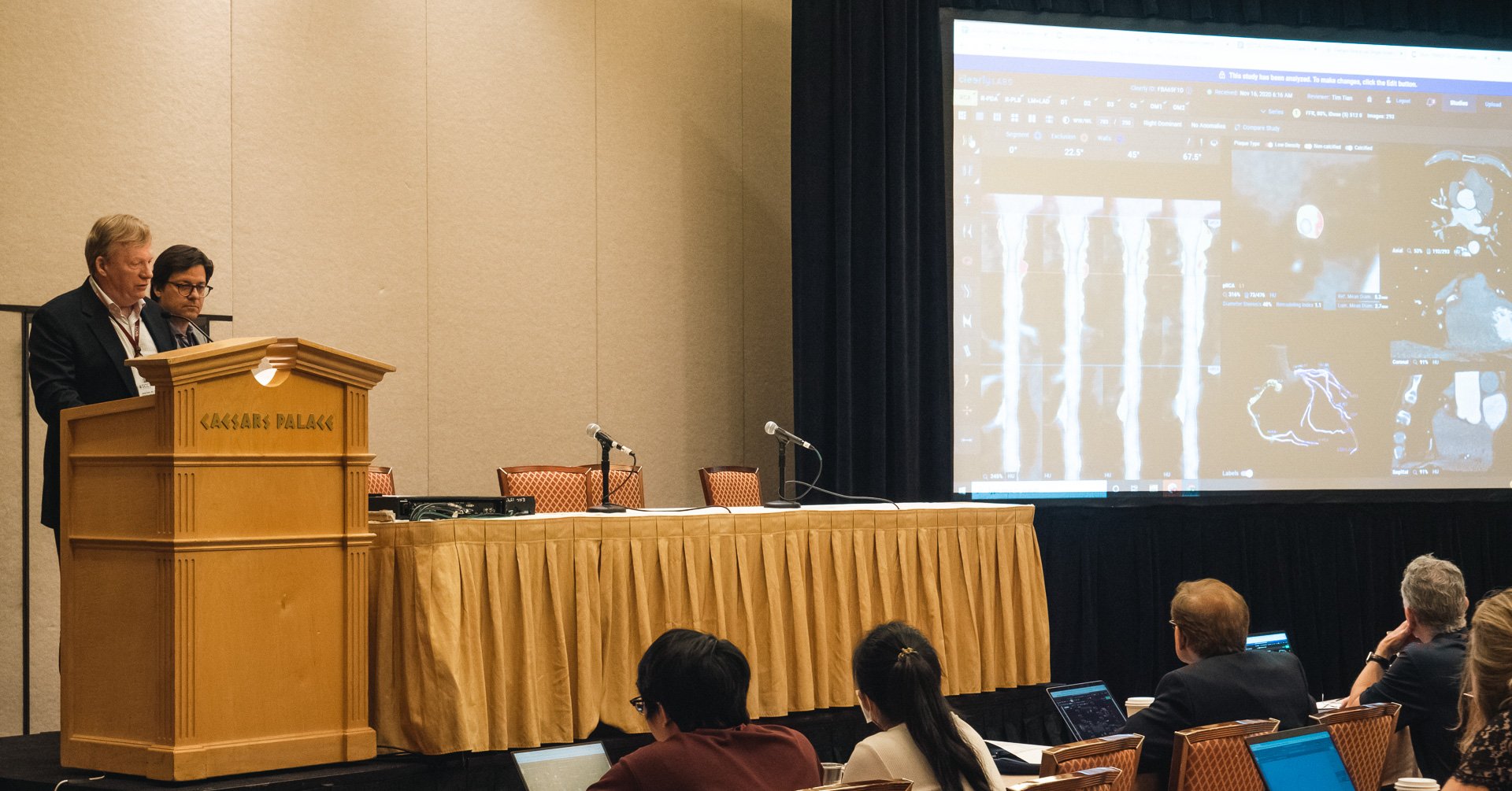
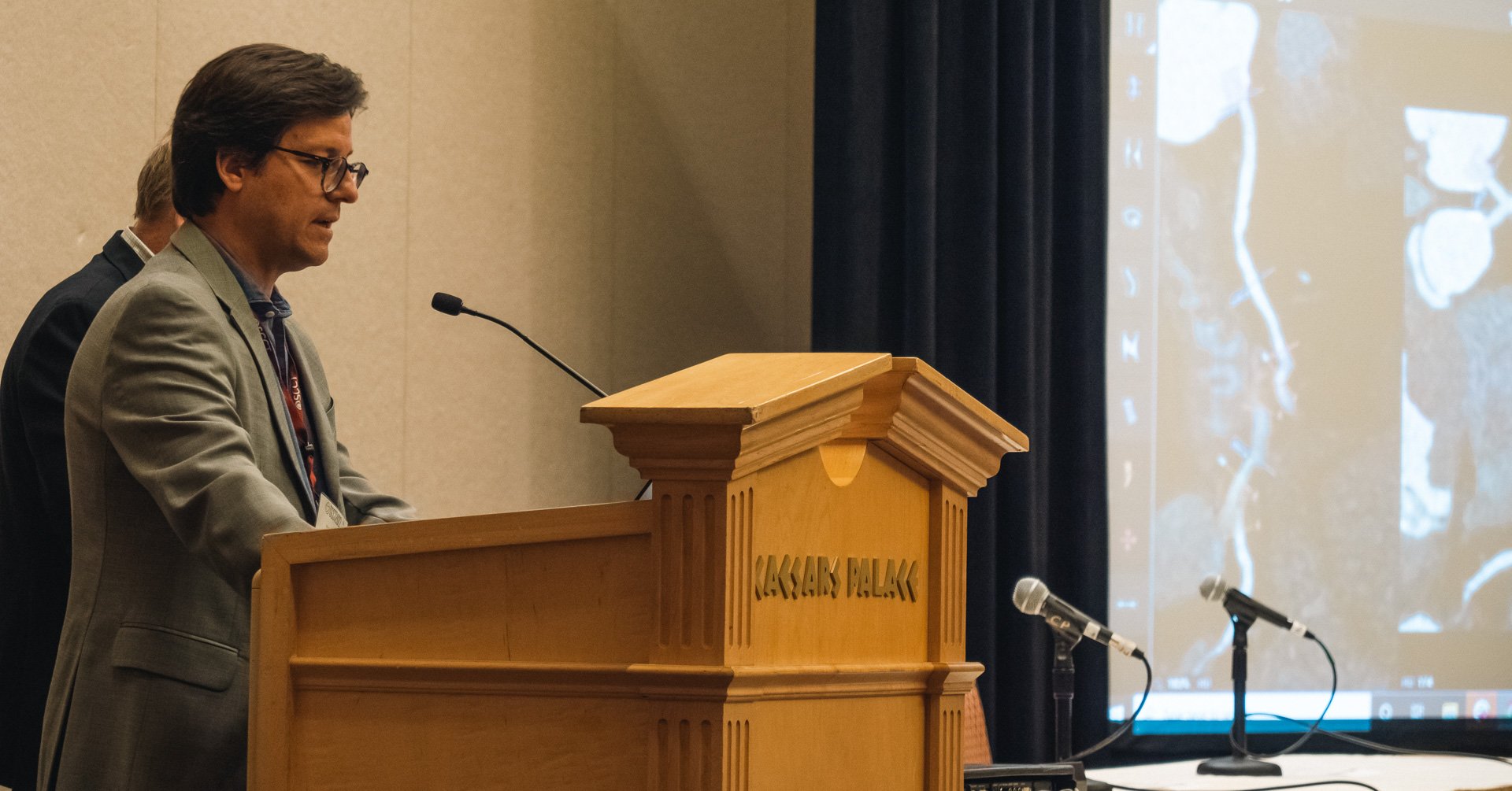
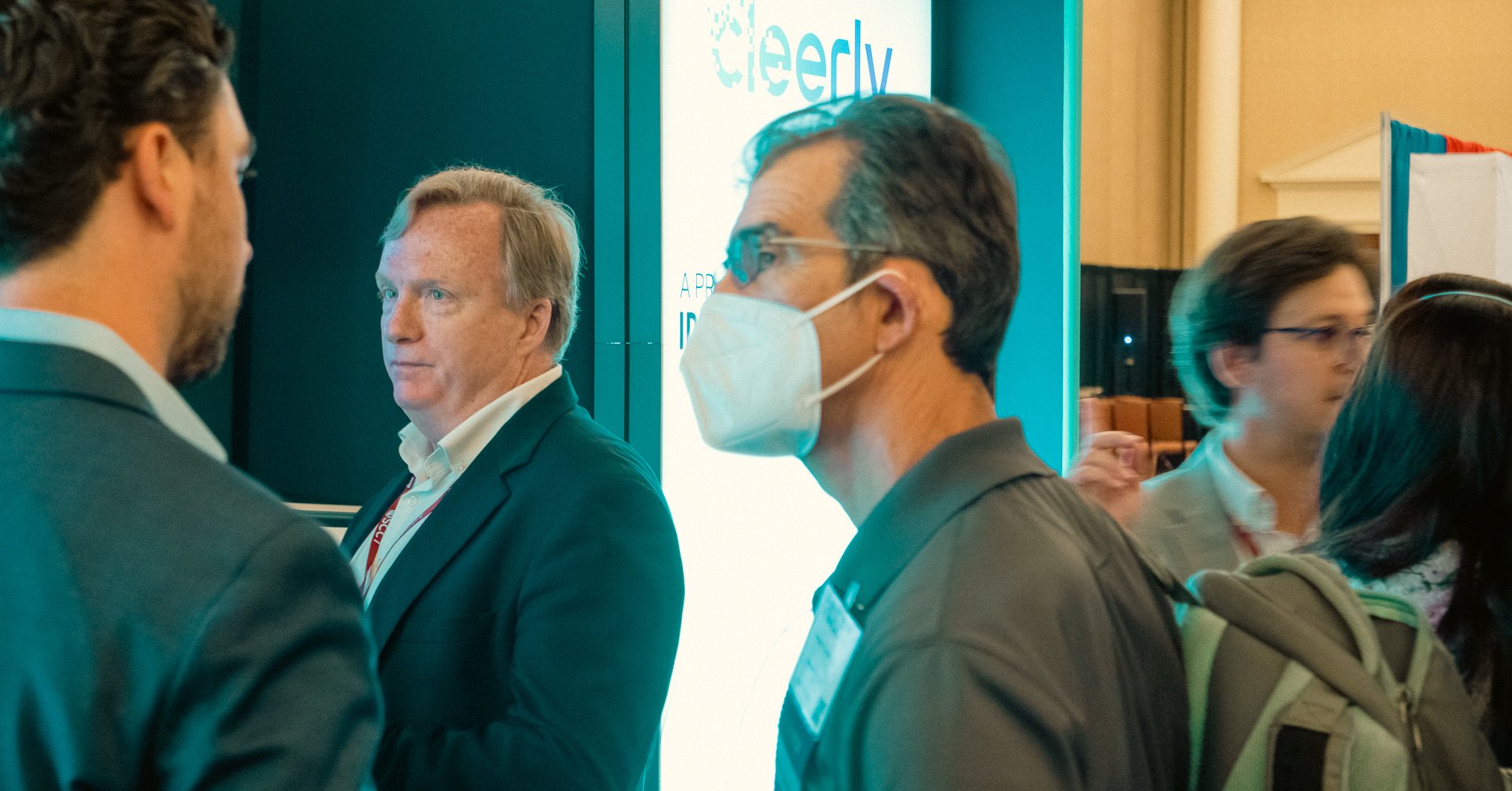


Ready for the future of cardiovascular care?
Request a Demo of Cleerly

Sure, the taste of food is important, but do you know how your diet impacts your heart? Many foods contain hidden ingredients that negatively impact...
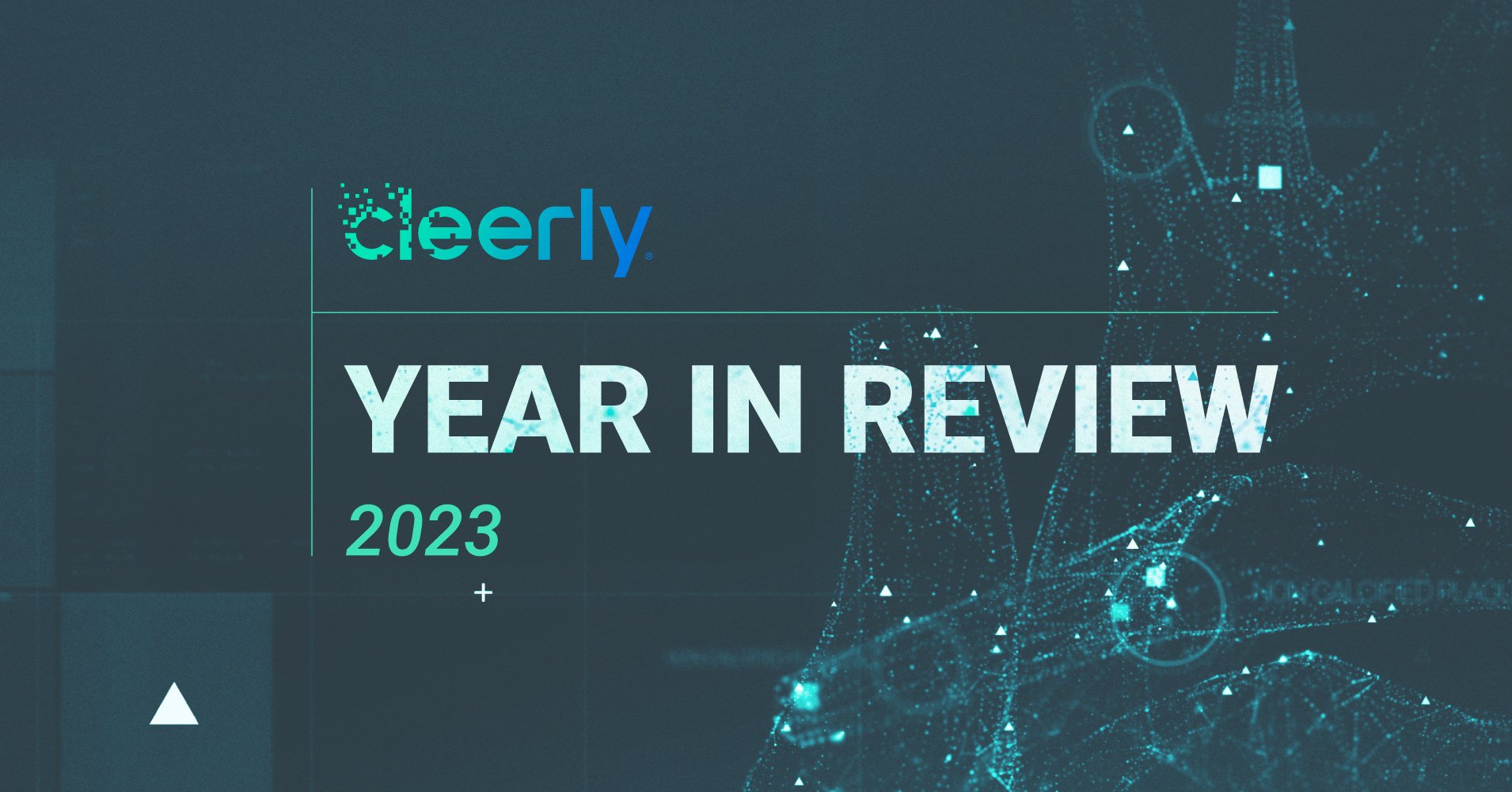
As we reach the end of 2023 and yet another remarkable year at Cleerly, it’s a great opportunity to reflect on all we’ve accomplished and begin...

Cleerly has had a busy few months – attending conferences, panel sessions, and winning awards as we all work together to achieve our mission of a...
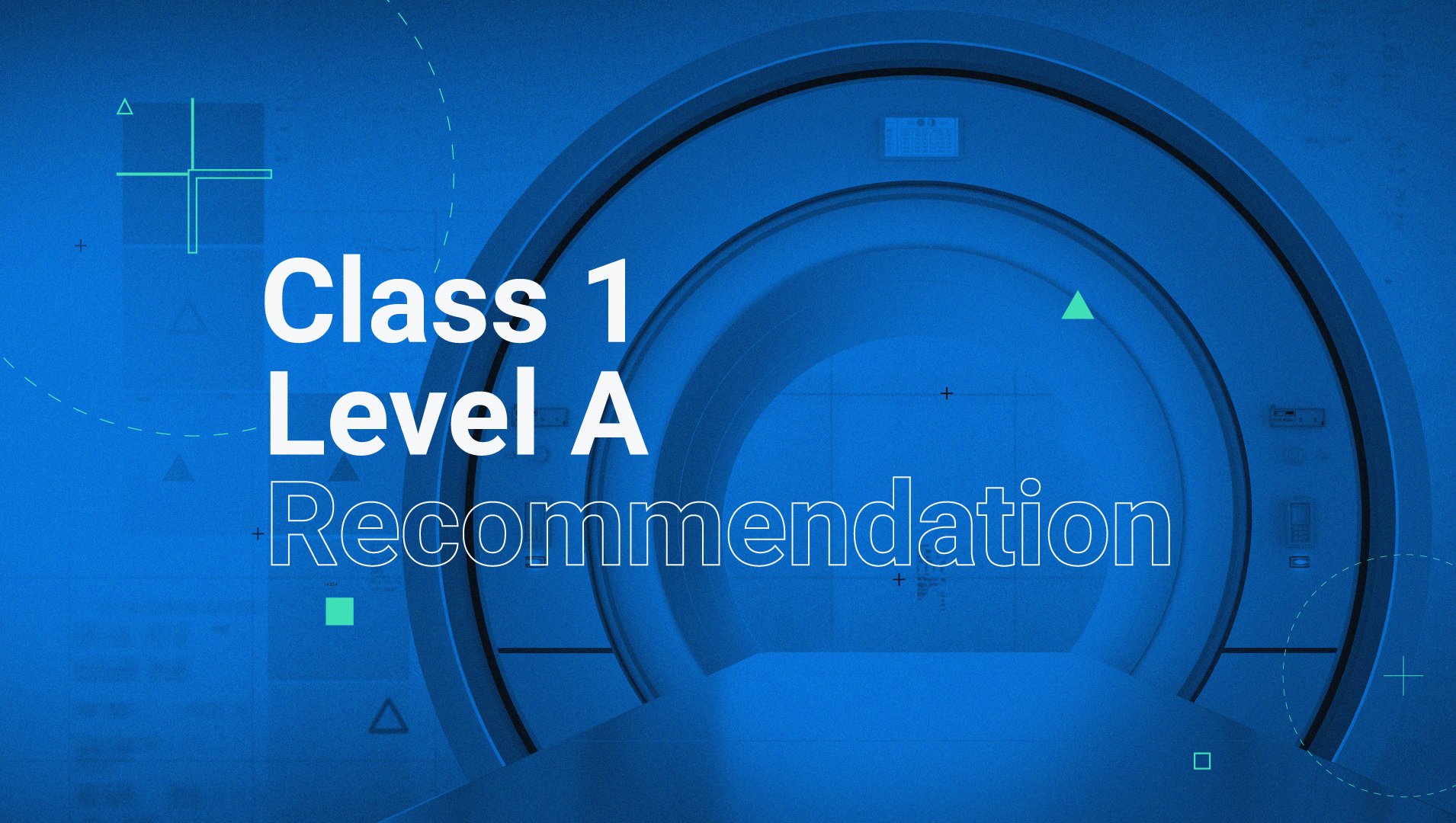
When patients present to physicians with an elevated risk of coronary artery disease, or CAD, cardiologists have many tests at their disposal....
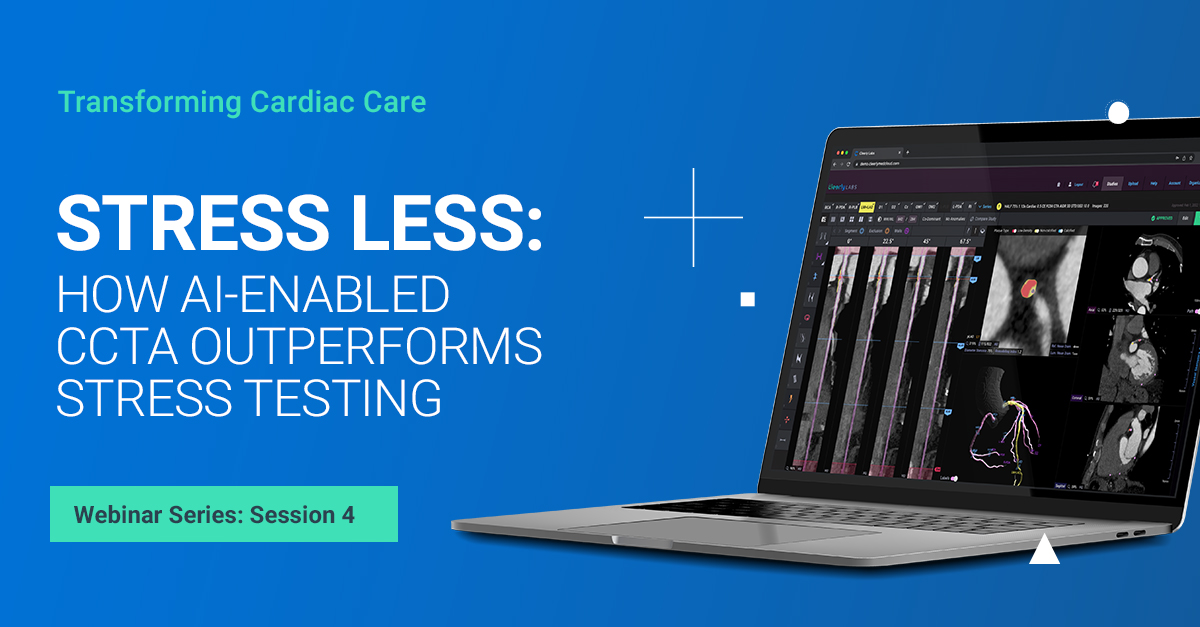
Myocardial perfusion, also known as a "stress test", is today's go-to-method for detecting coronary artery disease - despite limited performance.
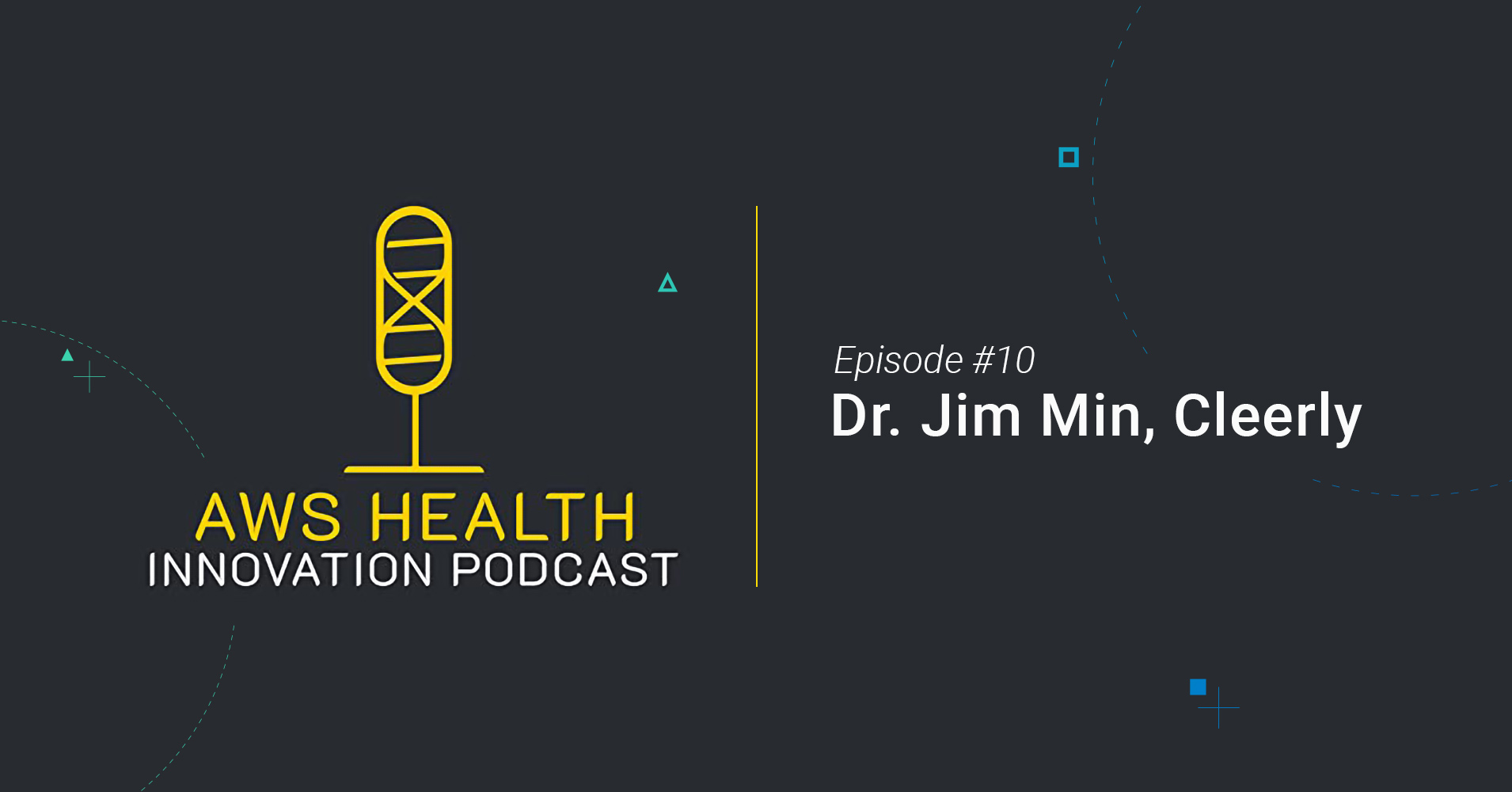
Cleerly CEO James Min, M.D., is a guest on the latest episode of the AWS Health Innovation Podcast hosted by Joe Shonkwiler, M.D.